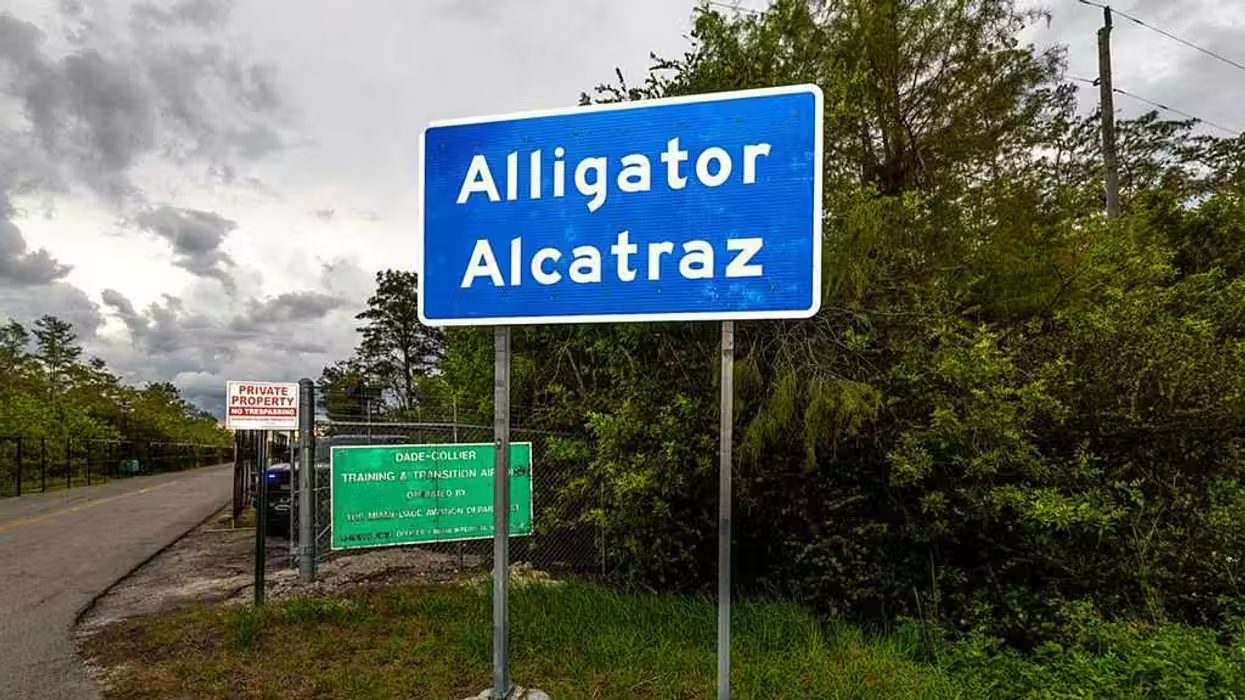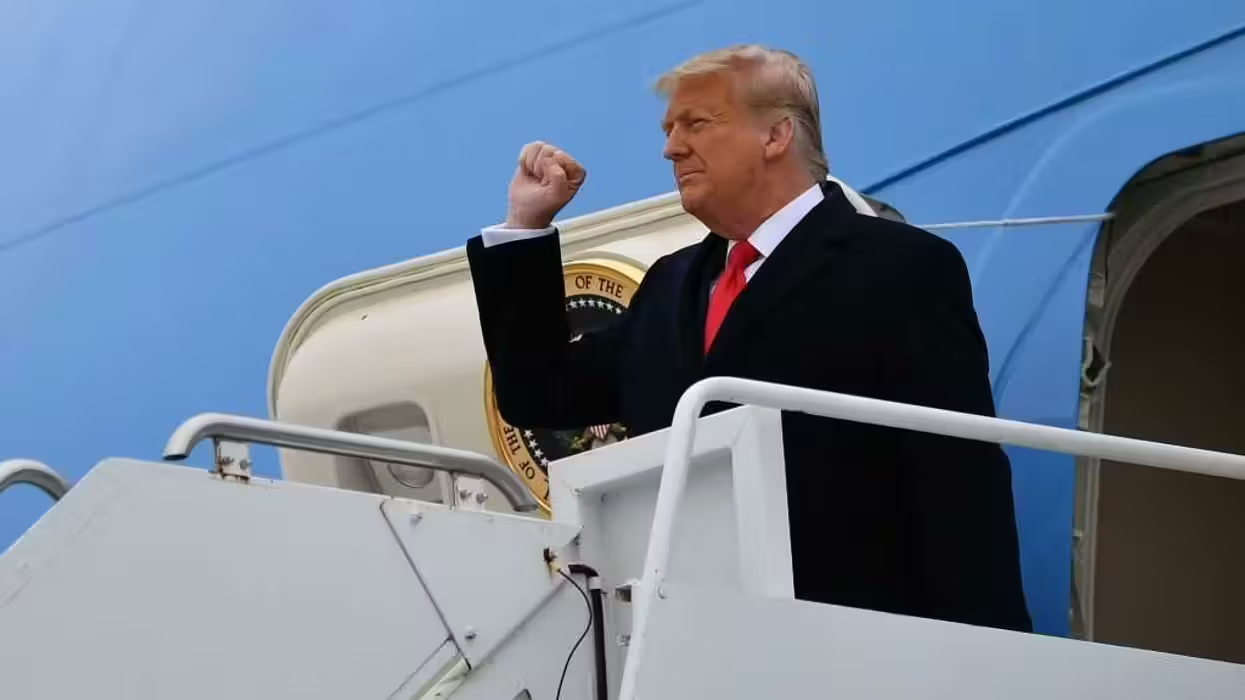A federal appeals court in Washington, D.C., is debating a challenge to a provision of the Affordable Care Act that could completely destroy the law's stated goal of offering affordable health insurance coverage.
 President Barack Obama speaks about the Affordable Care Act in the White House Rose Garden, April 1, 2014. (Getty Images)
President Barack Obama speaks about the Affordable Care Act in the White House Rose Garden, April 1, 2014. (Getty Images)
“What you’re asking for is to destroy the individual mandate, which guts the statute,” Judge Harry Edwards of the U.S. Court of Appeals for the District of Columbia said during a hearing in March, according to ABC News.
Edwards, an appointee from the Carter administration, is joined by two other judges: Thomas Griffith (appointed by George W. Bush) and A. Raymond Randolph (appointed by George H.W. Bush).
The case, Halbig v. Sebelius, deals with the American Health Benefit Exchanges, known more commonly as the “exchanges.” The exchanges were created with the idea that if enough people use them to sign up for health insurance coverage, the cash put into the system would then make it easier and more affordable for people without coverage to enroll.
Obamacare dictates that individual states can either set up and operate their own exchanges or the federal government will do it for them. Only 16 states and the District of Columbia currently run on their own exchanges. The remaining 34 states have elected to rely on the federally operated exchanges.
And this is where we run into an issue: Depending on various factors, including income levels, people signing up through the state and federal exchanges may be eligible for subsidies that could drastically reduce the cost of health insurance coverage. The little-known challenge being argued in the District of Columbia deals with the government’s definition of who is eligible for these tax credits.
The IRS claims it has the authority under the law to grant subsides to people enrolling in both the state and federal exchanges. The challengers, however, argue that only the states have the authority to grant tax subsidies and that it's unlawful for the federal exchanges to do the same.
“This is yet another example where the president and his agencies are playing fast and loose with the text of the law because they are trying to get the result they want,” said Carrie Severino, chief counsel for the Judicial Crisis Network, according to ABC News.
The IRS believes that it has the power to “dispense billions of dollars in federal spending that Congress never authorized,” Michael A. Carvin, a lawyer who is representing challengers of the Obamacare provision, said in court briefs.
An official with the Cato Institute, a libertarian think tank, said the architects of Obamacare likely didn’t expect so many states would decline to establish their own exchanges.
“Congress gave states the power to veto exchange subsidies,” Cato’s Michael Cannon said. “That’s the last thing President Obama wants, so the president decided to issue the subsidies in federal exchanges, even though he only had the authority to issue them for state exchanges.”
If the challenge wins, it could mean that the federal government would have to cease dispensing tax subsidies, meaning coverage would be anything but affordable in 34 states.
The Department of Justice disagrees with the challengers, saying they are misinterpreting Obama’s signature domestic policy.
“Congress made clear that an exchange established by the federal government stands in the shoes of the exchange that a state chooses not to establish,” the DOJ said in court briefs.
Judge Edwards has referred to Carvin’s Obamacare argument as “preposterous.” Judge Randolph, on the other hand, agreed with the challengers that the health care law was “poorly written” and “cobbled together.” Meanwhile, Judge Griffith has only weighed in to ask if it’s the job of the federal appeals court to “fix the problem” if Congress has failed to make itself clear.
The three judges are expected to offer their decision in the next few months. If they rule against Obamacare, the federal government can request that a larger panel of judges review the same case.
—
Follow Becket Adams (@BecketAdams) on Twitter

 President Barack Obama speaks about the Affordable Care Act in the White House Rose Garden, April 1, 2014. (Getty Images)
President Barack Obama speaks about the Affordable Care Act in the White House Rose Garden, April 1, 2014. (Getty Images)





